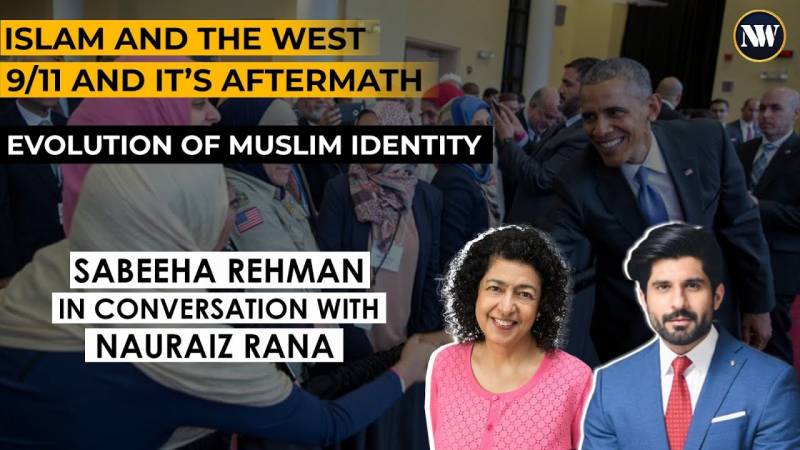Over the last few decades, the Muslim community has faced numerous challenges, from the aftermath of 9/11 to the evolving landscape of religious interpretation and cultural integration. As Muslims strive to maintain their faith while adapting to the Western context, the interplay between traditional beliefs, modern values, and the quest for identity has become a subject of intense debate and exploration.
The tragic events of September 11, 2001, reshaped global dynamics and dramatically altered the perception of Islam and Muslims in the West. Driven by fear and misunderstanding, a cloud of suspicion enveloped the Muslim community, resulting in discrimination, racial profiling, and a rise in Islamophobia. Children and youth were among the most affected, facing bullying in schools and a crisis of faith that threatened the core of their identity.
However, this dark chapter also served as a catalyst for change. Muslims in the United States recognized the urgent need for engagement with the broader community. The post-9/11 era saw the emergence of interfaith dialogue, as mosques, churches, and synagogues opened their doors to foster understanding, compassion, and shared values. As Muslims and people of different faiths came together, a platform for mutual learning and respect was established, paving the way for a new wave of relationships that transcended religious boundaries.
One of the defining features of Islam is its decentralized structure, lacking a single religious authority. This characteristic has both its merits and challenges. On one hand, it empowers individuals to connect directly with their Creator without intermediaries. On the other, it has allowed for the rise of diverse interpretations and conflicting ideologies within the Muslim community.
In recent times, there has been a growing schism between conservative and more modern, flexible interpretations of Islam. This divide often centers around questions of authority and the definition of religious practices. While religious scholars (ulama) traditionally held the mantle of interpretation, modern technology and increased access to knowledge have given rise to a new generation of thinkers who seek to reinterpret Islamic teachings in the context of contemporary values.
In this ongoing evolution, the United States has played a unique role. With its emphasis on individual freedoms and religious liberty, the country has provided a fertile ground for the reexamination of Islamic beliefs and practices. Seminaries and academic institutions have sprouted across the nation, offering a platform for American Muslims to explore their faith, engage in discourse, and contribute to the development of a distinct American Islamic jurisprudence.
As Muslims in the West grapple with the duality of their cultural heritage and their new home, the quest for identity takes center stage. The challenge lies in finding a delicate balance between embracing the cultural values of the West and preserving the essence of their faith. This journey is marked by cultural assimilation and integration, each carrying its own nuances and implications.
Assimilation, often seen as the melting pot approach, involves adopting the cultural norms and practices of the host country while potentially sacrificing certain aspects of one's original identity. However, American Muslims have chosen a different path - one of integration. This approach allows them to retain their distinct identity while actively participating in the broader American society. By engaging in local issues, participating in civic activities, and nurturing cross-faith relationships, American Muslims have carved out a unique space where their religious beliefs and values harmonize with the principles of the Western world.
The shifting dynamics of Islamic identity in the modern West are notably reflected in the evolving role of women within the community. Traditionally, women in many Muslim-majority countries faced limitations in their participation in religious and public spheres. However, the United States has offered a platform for women to redefine their roles and assert their agency.
American Muslim women have been at the forefront of change, challenging traditional norms and occupying leadership roles within mosques, community organizations, and academia. This reclamation of the agency has not only contributed to the empowerment of women within the community but has also shattered stereotypes and misconceptions about Islam in the West.
The transformation is not limited to theological discussions; it extends to social dynamics, gender roles, and community engagement. American Muslims are actively shaping a narrative that embraces their faith, values, and traditions while fully participating in the diverse tapestry of the United States. Through dialogue, empathy, and shared experiences, the vision of a harmonious coexistence between Islam and the West continues to evolve, offering hope for a future where diversity is celebrated, and humanity is united by common values.


